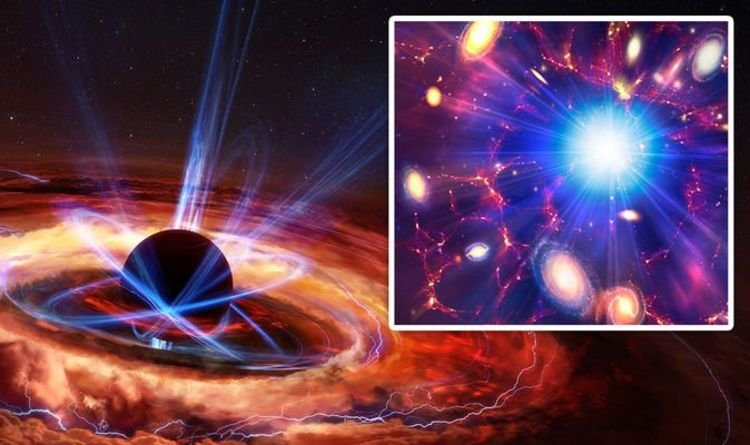Have you ever thought about actually ‘Why didn’t the universe collapse into black hole shortly after the big bang?’ the question is really interesting and in this article, we will try to find an answer to it.
The main point is that the Big Bang explosion did not happen in only one place which was previously empty. It took place everywhere at once, so a specific location for the formation of the Blackhole can’t be assumed. Here the cosmological models can either be to the point or approximate. Interestingly inhomogeneous cosmology, symmetry tells that tidal forces do not exist anywhere, and thus the observer initially at rest relative to the average motion of matter will experience zero gravitational fields.
Such considerations suggest that only one type of collapse is possible and that is the recollapse of the whole universe in a “Big Crunch”. This is possible only for the matter densities and for the values of the cosmological constant that are different from what we observe.
A high energy density is one of the important requirements of black hole formation. A center is required which is then turned into the blackhole’s center, the matter has required that it collapse to a black hole for having enough velocity so that gravity squeezes it before matter makes it flyway and dilutes the density.

The last two requirements are easily possible for simple chunks of matter anywhere in-universe, but these are breached by matter density formed right after the Big Bang. The matter has no center, is uniform throughout the space, and also has high enough velocity which makes density eventually diluted.
The collapse of matter into a black hole is an idealized type of calculation that also has specific assumptions about the initial states of matter. The important part is that all such assumptions are not satisfied by matter after the Big Bang.
A black hole is a space from which rays of light can’t escape to infinity. “To infinity” can be explained mathematically but the definition requires the assumption that spacetime is asymptotically flat. A black hole has a specific location in space and is surrounded by a vacuum and thus matter keeps falling towards it. Also, the density of the initial universe is believed to be homogenous and thus the same everywhere.
The rate of expansion of this universe stopped it earlier and now also from collapsing into a black hole. Thus the universe is getting larger and larger. The gravity slows down expansion but not that much so that it creates a collapse. If the matter density of the universe had not been high enough, it possibly stopped from expanding and collapsed into a black hole way back. And such a case is interestingly not happening till now with the universe.
hopefully, somewhere the question is answered about why didn’t the universe collapse into black hole.
